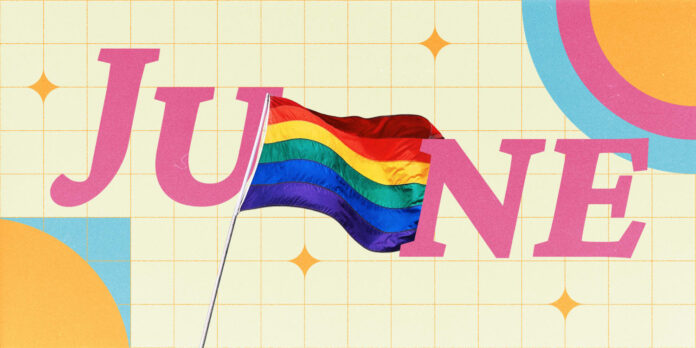Vidya Sethuraman
India Post News Service
During Pride Month in June, parades and activities are held in various places to support the LGBTQ community in expressing their identities and demands. American Community Media held a media discussion on June 20th, inviting three speakers to share their personal experiences and discuss the challenges and situations faced by the community. All three speakers emphasized that the key to promoting LGBTQ understanding among immigrant communities lies in the power of human connections and authentic stories.
Helen Zia, an Asian journalist and social activist and founder of the Vincent Chin Institute, said that she grew up in New Jersey, where the Asian population was sparse and LGBTQ identity was considered a social taboo at the time. “If you are considered gay, you may lose your job, your children, or even your life.”
She recalled that when she was young, in the social movement circle, she was questioned in public by groups because she was suspected of being a lesbian. “After that, I closed myself off and withdrew from many women’s movements that I had been actively involved in. In 2010, she registered her marriage with her partner in San Francisco, and her mother attended. Pride is not the past tense; it means that I can fully exist in the community and society.
Aruna Rao, founder and CEO of Desi Rainbow Parents & Allies, said that her son came out as transgender 10 years ago. At that time, as an Indian immigrant and a cisgender woman, she had no knowledge of LGBTQ issues. She once joined parent organizations such as PFLAG, but found it difficult to get support due to cultural barriers and language barriers.
“I was often the only brown face, and no one understood my fears and struggles as an immigrant mother.” She founded Desi Rainbow to provide resources for South Asian parents and LGBTQ children. Transformed into an online community after the epidemic, it has now expanded to the United States and overseas, becoming a place for many young people who need support due to family rejection. “We not only help parents understand, but also help children find selective families.”
Also Read: Anti-LGBTQ+ Hate Crimes on raise







